Starting in 2015, the exam will include stronger emphasis on behavioral sciences and reasoning skills.


Starting in 2015, the exam will include stronger emphasis on behavioral sciences and reasoning skills.
Dr. Gerald Berke gave his presentation at COSM 2011.

Ever wonder where some of the medical terms you use every day come from? Here’s a brief history.
As America grows and evolves, its face necessarily changes. Our country rests solidly on the idea that life, liberty and the pursuit of happiness should be available to all. Our collective understanding that access to health care and healthy living are essential to that ideal happiness continues to mature. But while the population becomes more diverse and blended, cultural disparities in health care not only persist, they do not appear to be diminishing. Collectively, African-Americans, Hispanic Americans and Native Americans comprise over one-quarter of our population. Yet, in the year 2000, they made up less than 10 percent of the physician workforce. These numbers dwindle even more when we consider surgical subspecialties.
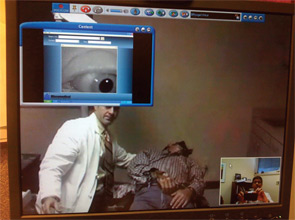
How do you plan to deal with workforce shortages? If you are like 55 percent of the audience at an interactive mini-seminar held during the October American Academy of Otolaryngology–Head and Neck Surgery (AAO-HNS) Foundation annual meeting, you intend to hire additional otolaryngologists to help with practice overload.
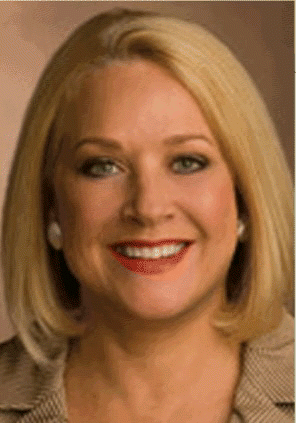
SAN DIEGO-How much will I make? That question is, understandably, front and center for many otolaryngology residents and fellows weighing their first career opportunity.
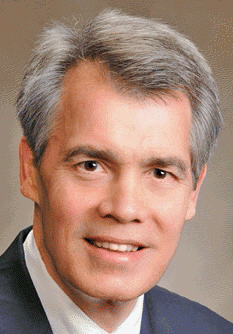
President Obama has made an astonishing discovery: We’re not producing enough primary care doctors, he recently told Congress. Although this may be news to the president’s minions, physician groups, legislators, insurers, and patients are all well aware of the dearth of generalists.
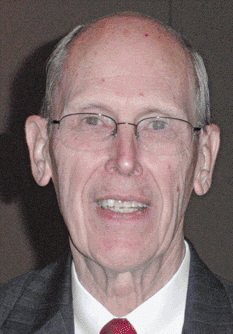
PHOENIX-As James D. Smith, MD, took his place behind the lectern to prepare to speak about what America’s role should be in the instruction of physicians in underprivileged and disease-stricken countries, a question was posed on the screen next to him: Do we have a responsibility to help?
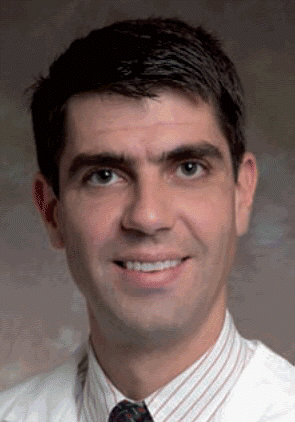
In response to many national calls to enhance patient safety, the Accreditation Council for Graduate Medical Education (ACGME) mandated a maximum 80-hour workweek for all residents beginning in 2003.

With the crisis in the financial markets reaching what many call historic proportions, another crisis long brewing is threatening to surface that, if some experts are correct, could have even greater consequences than the financial crisis for the US health care system.